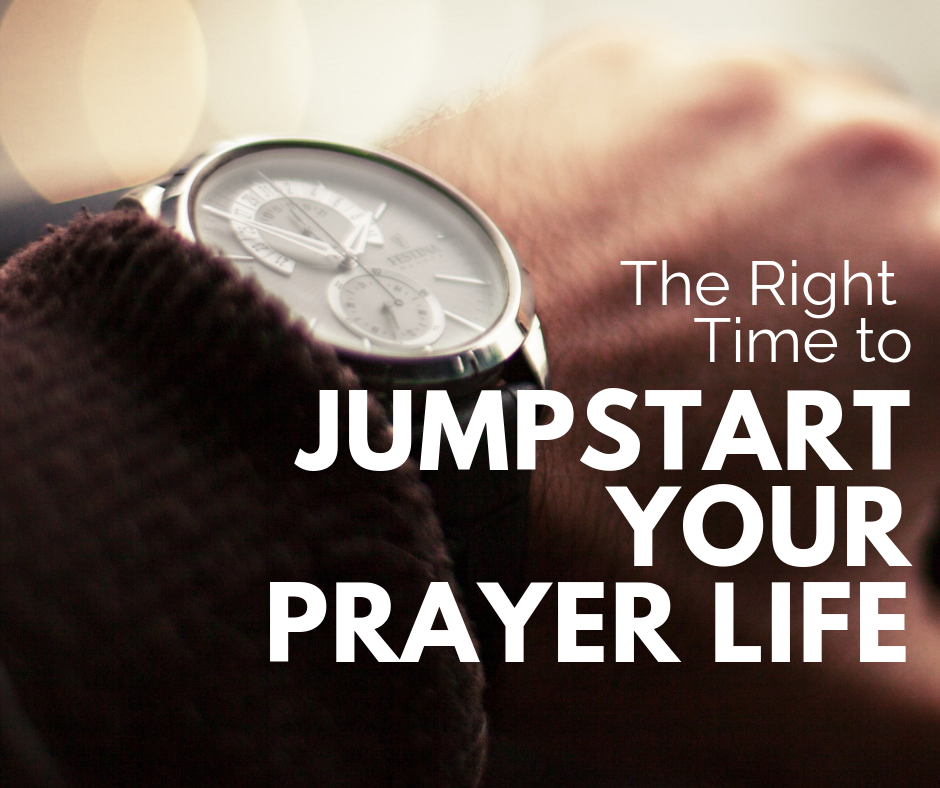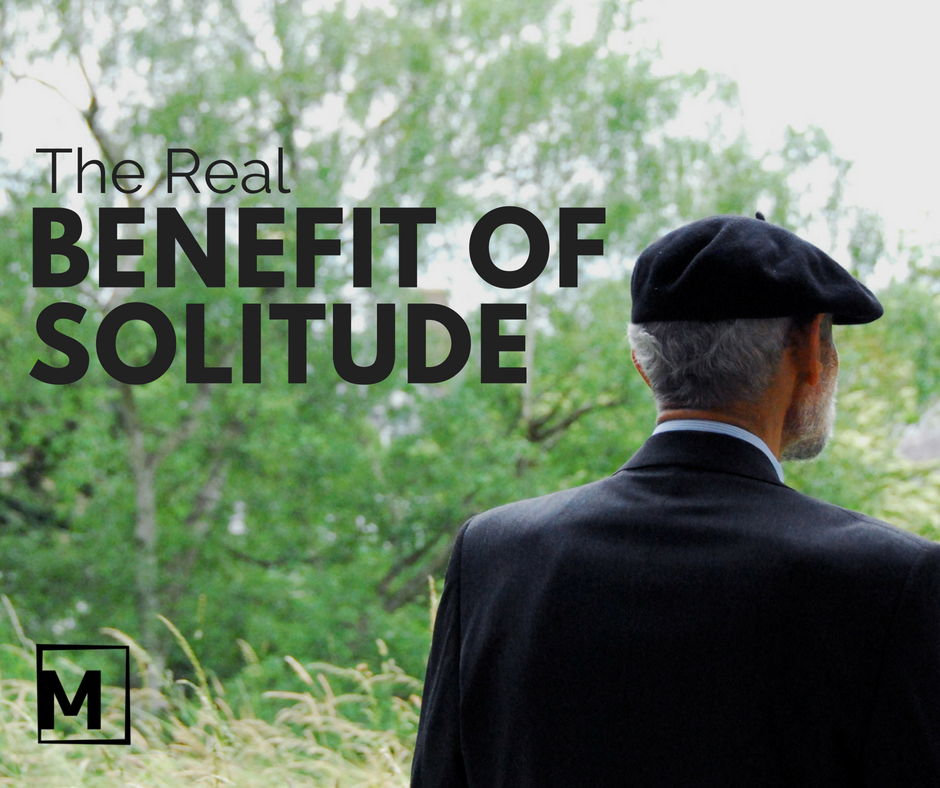Romans 12:12 says, “Be joyful in hope, patient in affliction, faithful in prayer.”
This quote is more relevant than most of us realize. As we grow in our relationship with God, it is only natural that we experience of daily prayer that has fits and starts. Being faithful in our prayer lives is critical.
It can often feel like “one step forward and two steps back”. One day, we enjoy our daily quiet time and the next feels like we’re drowning. As Fr. Ronald Rolheiser says, “Sometimes we walk on water and other times, we sink like a stone.” Can you relate?
In my book, The Five Habits of Prayerful People (coming in 2019), I talk a lot about the importance of staying with prayer. You’ve got to keep at it and try your best to avoid discouragement. Others call this resilience and in academic circles, it’s known as grit.
Gritty prayer warriors have three qualities:
They take the long view. They realize that, in any given week, they will have good moments of prayer and ones that feel rather ordinary.
They do not dwell in their sin. They recognize when they’ve messed up, name it, own it and ask for forgiveness. Then, they remember that God loves them and has already died for their sins. This brings an overwhelming sense of newness and of starting over. The emphasis is on God and not our sins.
They value progress over perfection. A steady person of prayer understands the human condition and isn’t surprised when they are imperfect.
Grittiness, not something you and I think of often but very much a quality of a mature spiritual person. St. Bonaventure said, “When we pray, the voice of the heart must be heard more than that proceeding from the mouth.”
As I continue to write about prayer, it strikes me that there are quite a few moments in our spiritual lives that invite us into deeper resilience.
These might include:
Rather than beating yourself up over missing daily Mass, taking five minutes to schedule the next time you can get to Mass. This will integrate your busy schedule with your desire for communal worship.
Rather than skipping your daily quiet time altogether, choose instead to have five quiet minutes of prayer. Like physical exercise, a little goes a long way.
Instead of avoiding the Sacrament of Reconciliation for months at a time, practice a daily examination of conscience at the end of the day. By building this muscle of personal reflection, you’ll be much more in tune with what’s going well (and what isn’t) in your daily life. Then, when you can get to Confession, you’ll be more prepared and feel more in sync with God.
Resilience is a choice. God puts dozens of moments into every day for us to opt for a more gritty spiritual life. When will you spot your next moment to be resilient?
This Advice is For Me Too- Let Me Explain
I was on a recent trip to give a talk at a large college in the south. On the trip down, I was prepared to deliver my speech but on the inside, I wasn’t feeling particularly spiritual. In the airport, I was playing the competition game, measuring myself by everyone else, as if they all had life figured out and I was just a rookie. It didn’t feel good. Ever had one of those moments?
The following day, heading home, I stopped at my gate at the airport. To my right, I glanced out the window and saw something that arrested my morning. The sunrise, simply doing its thing, was stunning.
I needed that moment and I’m glad that God gave me the “pause” to appreciate it. God does this all of the time, if we will just have the eyes to see.
A spiritual life that is resilient savors these moments and discovers them over and over again. Enjoy them. Look for them. Count on them. They will spill over into your prayer life and make a tremendous difference.








